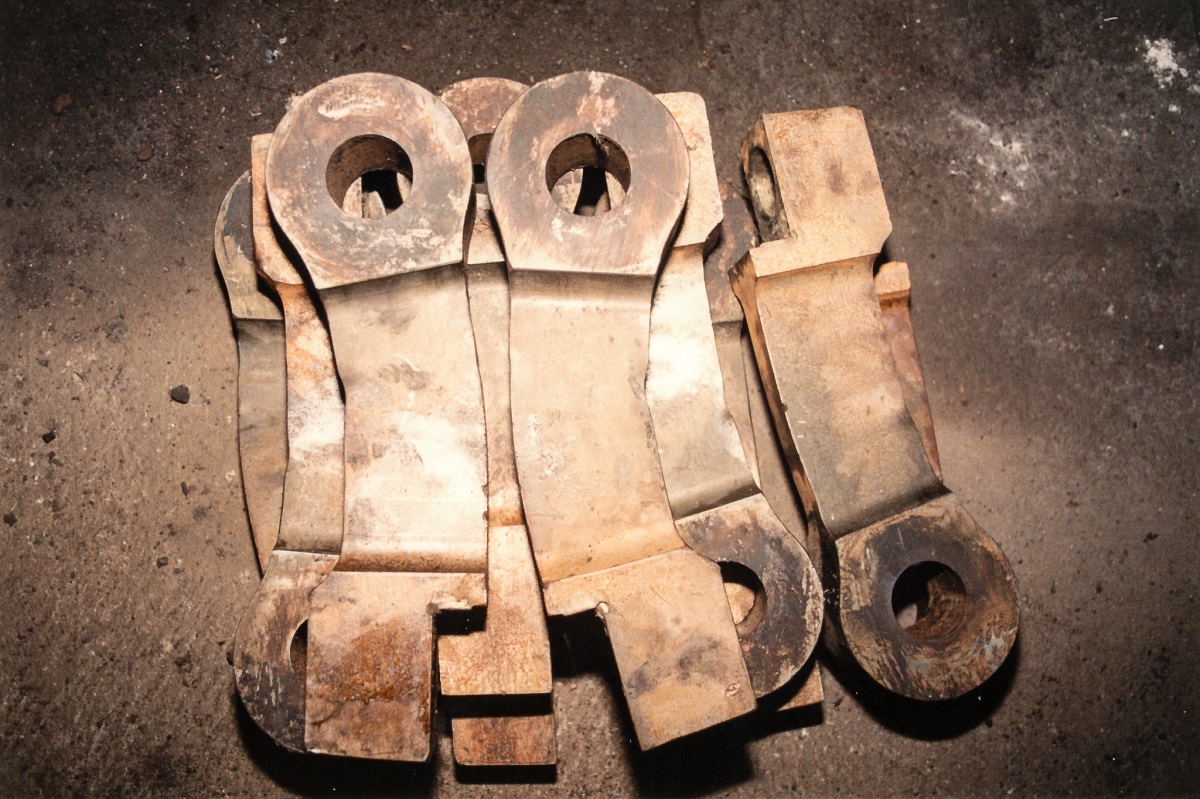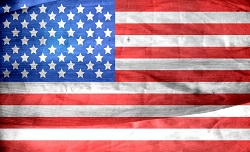On April 18, the Office of the United States Trade Representative (USTR) will reinstate the 25% tariff on shredder wear parts imported from China, which the Trump administration imposed in July 2018. The Biden administration has not yet indicated its plans for the tariff or whether it will include an exemption process.
As reported in March, ISRI has been keeping an eye on how the Biden administration will handle the tariff. The tariff, and the ability to apply for exemptions, matters to the recycling industry because the list of China-sourced products includes auto shredder wear parts. These parts are the heart of a shredder, keeping it operating all day long. As the name suggests, some parts need to be replaced daily or weekly. Having them in bulk is vital for U.S. recyclers.
ISRI members operate two-thirds of the 330 shredders in the U.S., says Adina Renee Adler, ISRI’s vice president of advocacy. “It’s a significant cost outlay for most of our companies,” she says. “After electricity and labor, it’s probably the third-largest expense for our companies. Putting a 25% import tariff on these parts is a significant hardship.”
When the U.S. implemented the tariff in 2018, shredders slowed down their operations to extend the life of existing parts. “Slowing down the process means less output being sent to steel mills and aluminum smelters,” Adler says. “Then the steel mills and smelters slow down, because they aren’t getting as much material.” Just as ISRI highlighted this issue in its 2018 comments, it’s possible slowdowns may occur again if there is a new exemption to the tariff.
U.S. trade officials made recent public statements indicating the tariffs have a purpose—leverage in trade negotiations. The Biden administration continues reviewing the previous administration’s trade policies. Though it’s unclear what that process entails, officials are likely examining whether the tariffs worked, if the right products were being targeted, timelines, tariff levels, and whether to give importers the opportunity to apply for exemptions.
The exemption process under the Trump administration expired Dec. 31, 2020. The administration did not make any announcements about the issue before leaving office, so ISRI and its members are waiting to hear from the current administration. “Of course we’d like to see the tariff go away entirely, but if it’s reinstated we want to make sure importers can get an exemption,” Adler says. “This issue is already impacting our equipment suppliers purchasing the product from China, and then the shredders who will purchase the product from equipment suppliers.”
ISRI is hard at work advocating on this issue for its members and the industry. “ISRI has been in touch with USTR appealing for the tariff to be removed and, short of that, an exemption process,” Adler says. In addition, ISRI joined forces with the National Association of Manufacturers (NAM) on this issue. NAM’s advocacy work in support of the tariff waiver on Capitol Hill is yielding results. “We’ve joined forces with NAM to advocate for members of Congress to weigh in on our behalf, and we’re getting congressional support to pressure the administration to put a program in place,” Adler says.
ISRI is pleased House and Senate members will submit a letter to the USTR urging it to put an exemption process in place and give importers opportunities to apply.













